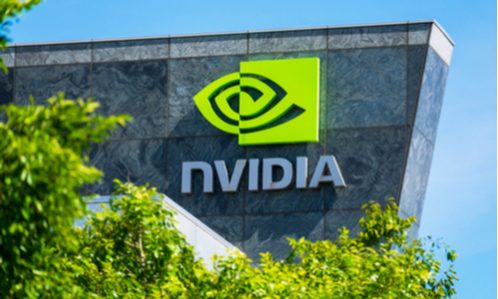
Various Chinese military bodies, state-run artificial intelligence (AI) research institutes, and universities have managed to acquire restricted Nvidia semiconductors over the past year, according to a comprehensive review of tender documents by Reuters.
The purchases, made through largely unknown Chinese suppliers, underscore the challenges faced by Washington in enforcing export bans on advanced U.S. chips, particularly those with the potential to drive advancements in artificial intelligence and sophisticated military computer systems. Despite U.S. restrictions, buying or selling high-end American chips remains legal in China, and public tender documents reveal that numerous Chinese entities have successfully obtained Nvidia semiconductors since the imposition of restrictions.
Among the acquired chips are Nvidia’s A100 and the more powerful H100 chip, both of which had their exports to China and Hong Kong banned in September 2022. Subsequently, Nvidia developed the A800 and H800 chips specifically for the Chinese market, only to find them banned as well in October of the same year.
The defiance displayed by these Chinese entities in procuring the banned semiconductors sheds light on the complex nature of controlling the flow of advanced technologies. The U.S. government has sought to restrict the export of high-tech components to China, particularly in light of concerns over potential military applications.
Read more: Nvidia Faces Global Regulatory Scrutiny Amid Antitrust Investigations
The tender documents reviewed by Reuters indicate that these banned chips have found their way into the hands of various entities, including military bodies, state-backed AI research institutes, and universities. The acquisitions pose a significant challenge to U.S. efforts to limit China’s access to cutting-edge technologies that could be utilized for the development of artificial intelligence and advanced military capabilities.
The Nvidia A100 and H100 chips are renowned for their prowess in accelerating AI workloads, and their acquisition by Chinese entities raises questions about the potential applications of these chips in the country’s military and technological endeavors. The ban on these semiconductors suggests that Washington remains concerned about the strategic implications of China gaining access to such advanced hardware.
As the geopolitical landscape continues to evolve, these developments underscore the ongoing technological race and the challenges faced by governments in controlling the global flow of critical technologies. The ability of Chinese entities to procure banned Nvidia semiconductors highlights the limitations of export restrictions and raises questions about the effectiveness of such measures in an interconnected and technologically advanced world.
Source: Reuters
Featured News
Big Tech Braces for Potential Changes Under a Second Trump Presidency
Nov 6, 2024 by
CPI
Trump’s Potential Shift in US Antitrust Policy Raises Questions for Big Tech and Mergers
Nov 6, 2024 by
CPI
EU Set to Fine Apple in First Major Enforcement of Digital Markets Act
Nov 5, 2024 by
CPI
Six Indicted in Federal Bid-Rigging Schemes Involving Government IT Contracts
Nov 5, 2024 by
CPI
Ireland Secures First €3 Billion Apple Tax Payment, Boosting Exchequer Funds
Nov 5, 2024 by
CPI
Antitrust Mix by CPI
Antitrust Chronicle® – Remedies Revisited
Oct 30, 2024 by
CPI
Fixing the Fix: Updating Policy on Merger Remedies
Oct 30, 2024 by
CPI
Methodology Matters: The 2017 FTC Remedies Study
Oct 30, 2024 by
CPI
U.S. v. AT&T: Five Lessons for Vertical Merger Enforcement
Oct 30, 2024 by
CPI
The Search for Antitrust Remedies in Tech Leads Beyond Antitrust
Oct 30, 2024 by
CPI